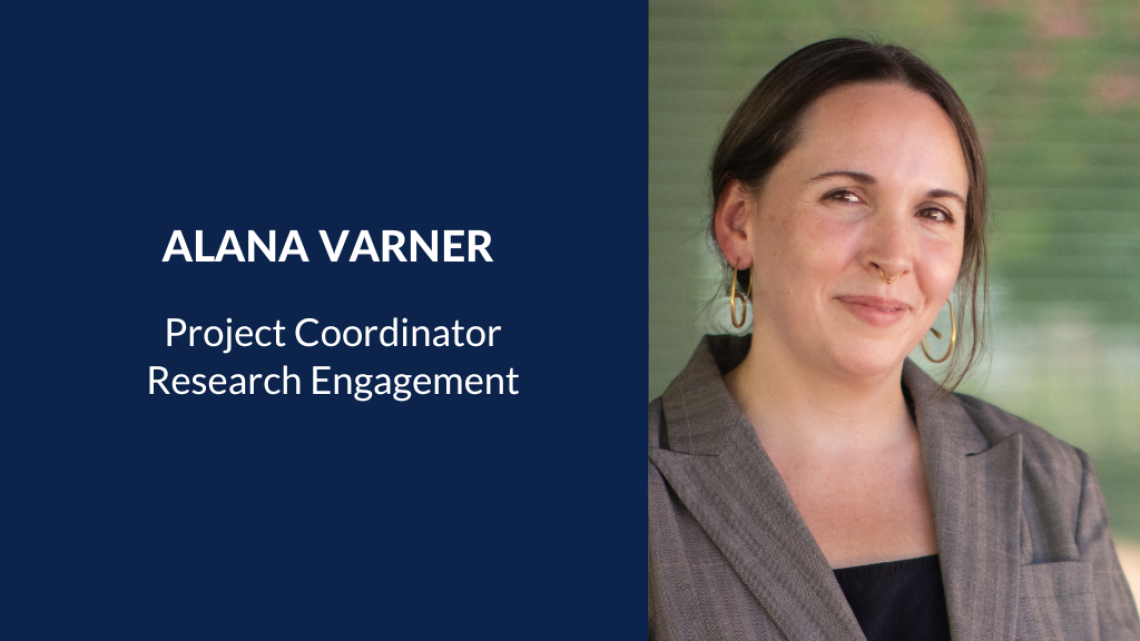Centering historically excluded voices in our archives

Alana Varner, Project Coordinator for our Mellon grant-funded Digital Borderlands project, was recognized as a member of the Community-Driven Archives (CDA) initiative team at Arizona State University Library (ASU Library) that was recently named a 2022 recipient of the Archival Innovator Award from the Society of American Archivists.
According to the press release, the award "recognizes archivists, repositories, or organizations that show creativity in approaching professional challenges or the ability to think outside the professional norm or that have an extraordinary impact on a community through archives programs and outreach."
In this Q&A, Varner talks about centering communities that have historically been excluded from the archival record.
How were you involved in this initiative?
I worked as the Project Archivist of this initiative from 2018-2020.
The goal of the project is to address the lack of representation in the archives and expand access for historically marginalized communities in Arizona, specifically Latinx, Black, Asian and Pacific Islander, Indigenous, and LGBTQ communities.
What did you do as Project Archivist?
I was responsible for a variety of tasks including: planning and delivering archival skills workshops and scanning events for community groups throughout the state of Arizona, leading efforts to digitize materials in ASU Library's collection to expand access to those materials, and producing educational resources and content for community members interested in learning archival principals.
I also trained and supervised staff and students to lead Community-Driven Archival efforts.
What does this project and the Archival Innovator Award mean for the University of Arizona Libraries?
This award represents a shift in the way archival work is being done at larger institutions, centering the voices and needs of communities that have historically been excluded from the archival record and making those communities collaborators in the process.
For me, the interest in this work was ignited when I was an undergraduate student worker in Special Collections from 2007-2010. It’s exciting to be back here working as a part of the Digital Borderlands initiative, which holds reciprocal and mutually beneficial community relationships as a core value in the approach to incorporating library services in Digital Humanities research focused on the U.S.-Mexico Borderlands.
Given the legacy of exclusion and erasure of these communities in the archival record, I think that a lot of reparative work remains to be done across the archival profession as a whole.
It is exciting to see initiatives happening here that represent the shift towards a community-driven archival process, like the collaboration with Arizona Queer Archives and the Reclaiming the Border Narrative grant funded by the Ford Foundation.
